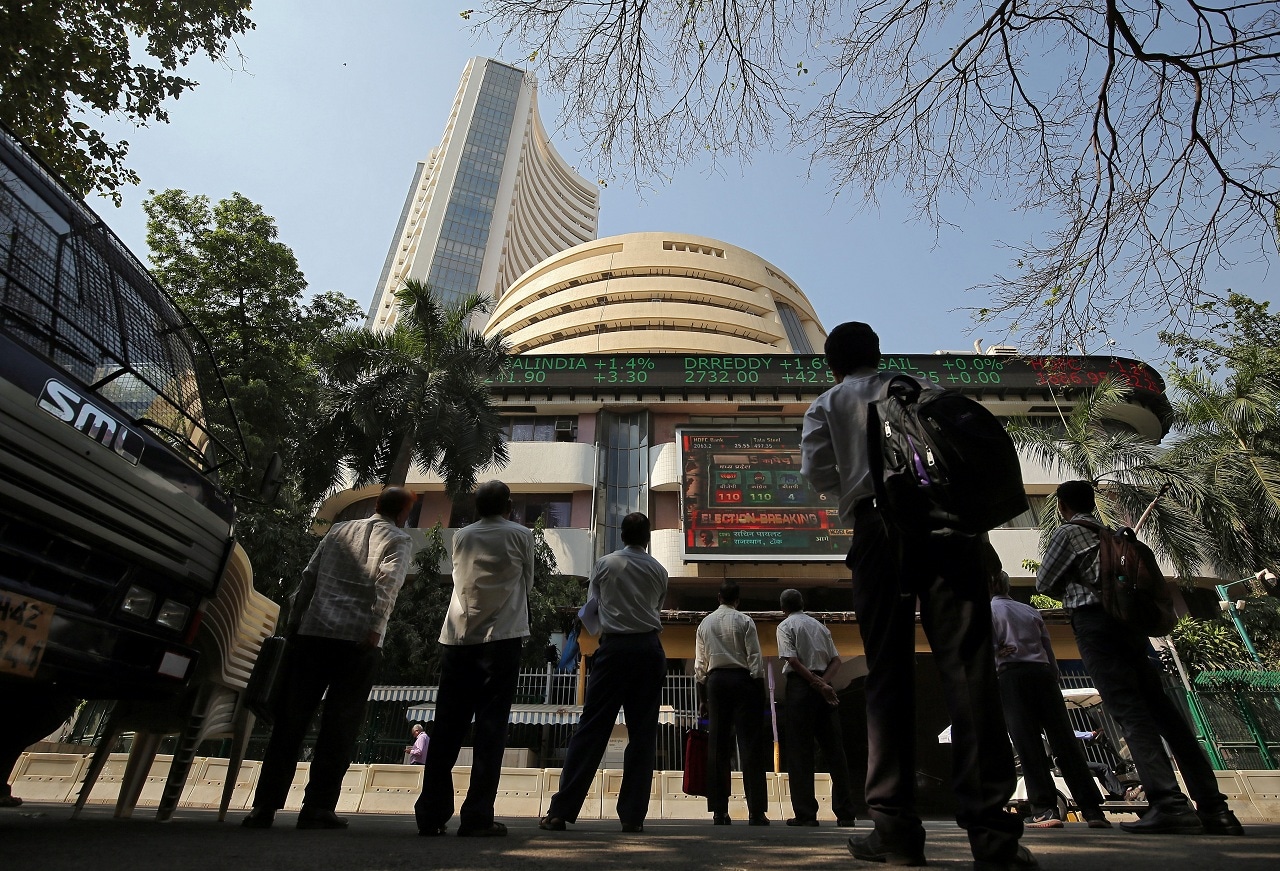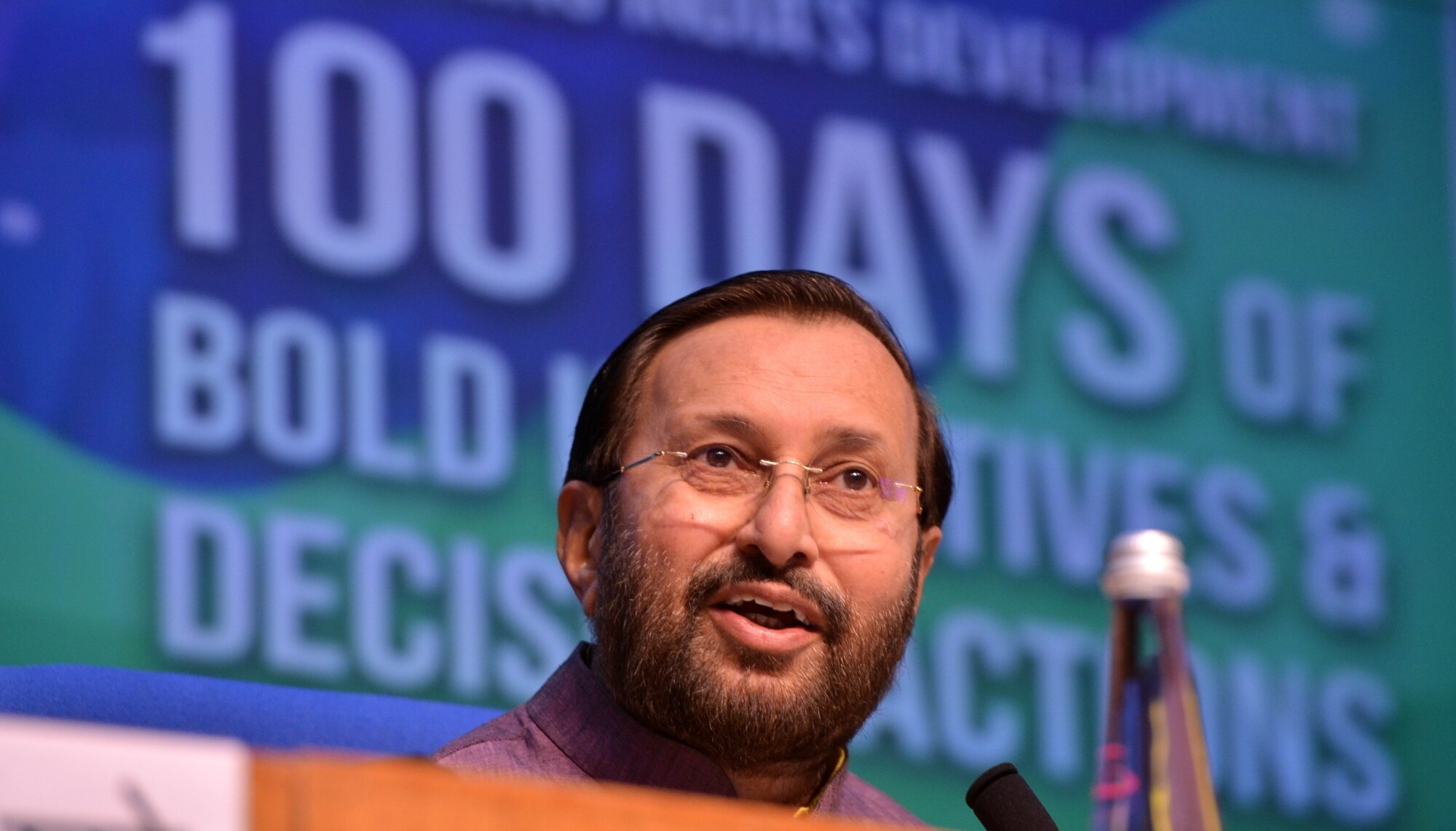Economy
Updated : 2020-10-01 08:15:28
The Indian market is likely to open higher on Thursday tracking gain in the global markets. At 7:10 am, the SGX Nifty was trading 103.00 points or 0.92 percent higher at 11,357.00, indicating a positive start for the Sensex and Nifty50.

CNBCTV18.com

1. Asia: Japan’s Tokyo Stock Exchange suspended trading on Thursday due to a technical issue, while many major markets in the region are closed for holidays. Meanwhile, the S&P/ASX 200 in Australia gained 0.87 percent. Singapore’s Straits Times index also rose 0.87 percent. In Japan, the Tokyo Stock Exchange announced Thursday that trading has been halted, and it’s unclear when it will resume. Markets in China, Hong Kong, South Korea and Taiwan are closed on Thursday for holidays. Overall, the MSCI Asia ex-Japan index traded 0.19 percent higher, reported CNBC International. (Image: Reuters)

2. US: U.S. stock futures rose slightly in overnight trading, as investors braced for the start of the fourth quarter with hopes of fiscal stimulus. Dow futures rose 115 points. S&P 500 futures and Nasdaq 100 futures ticked up 0.25 percent and 0.3 percent, respectively. On Wednesday, the Dow Jones Industrial Average climbed more than 300 points, after being up more than 550 points on hopes the White House and Senate would agree to a second stimulus package. The S&P 500 also registered a gain, climbing more than 0.8 percent. The Nasdaq Composite rose 0.75 percent, helped by gains in Netflix and Microsoft, reported CNBC International. (Image: AP)

3. Market At Close On Wednesday: The Indian benchmark equity indices, Sensex and Nifty ended Wednesday’s volatile session flat as gains in FMCG, pharma and IT stocks were countered by selling metals and PSU Banks amid mixed global cues. The Sensex ended 94.71 points or 0.25 percent higher at 38,067.93 while the Nifty settled at 11,226.50, up marginally by 4.10 points or 0.04 percent. Broader indices underperformed the benchmarks as Nifty Smallcap and Nifty Midcap indices ended lower.(Image: Reuters)

4. Crude Oil: Oil prices erased losses and closed higher on Wednesday following optimistic inventory data. However, worries over rising coronavirus cases heading into the northern winter would lead to further restrictions on activity and curb demand for fuel capped gains. West Texas Intermediate settled 93 cents, or 2.37 percent, higher at $40.22 per barrel. Brent crude fell 8 cents to $40.95 per barrel. The benchmarks fell more than 3 percent on Tuesday as global Covid-19 cases passed 1 million, having doubled in three months, reported CNBC International. (Image: Reuters)

5. Rupee Close: The Indian currency settled higher on Wednesday supported by positive domestic equity market. The rupee ended at 73.76 against the US dollar as compared to Tuesday’s close of 73.86. (Image: Reuters)

6. Govt Borrowing In Second Half Of 2020-21: The Finance Ministry on Wednesday said the government will borrow Rs 4.34 lakh crore in the second half of the current fiscal to meet its expenditure requirement amid COVID-19 crisis afflicting the country’s economy. The government is sticking to Rs 12 lakh crore borrowing target for the current fiscal, Economic Affairs Secretary Tarun Bajaj said. In the first half ended September, the government has done borrowing of Rs 7.66 lakh crore and remaining Rs 4.34 lakh crore will be mobilised during the second half of the current fiscal, he said. The government had envisaged to raise 58 percent of the total borrowing target of Rs 6.98 lakh crore from the dated securities in the first half of the current fiscal. Against this, the government has borrowed Rs 7.66 lakh crore during April-September. (Image: Reuters)

7. Govt Receives Bids For Coal Mines: The coal ministry has received two or more eligible bids for only 19 coal mines for its first-ever auction of coal mine for commercial end-use. The ministry began the auction process starting June 18 this year and offered 38 coal mines for auction. It received 76 bids in total for only 23 coal mines as against 38 mines. Adani Enterprises has placed bids for 7 coal mines and Adani Power Resources for 1 coal mine, making it the bidder for the maximum number of coal mines. This is followed by 5 bids placed by Hindalco, 4 bids by JSPL, 3 bid from Vedanta, and 1 bid from JSW. Rungta Mines, which had offered to place bids for coal mines, withdrew in the technical bid opening round. (Image: Reuters)

8. Union Minister Javadekar On PSUs: Union Minister Prakash Javadekar on Wednesday said the government’s emphasis is on increasing turnover, efficiency and profitability of public sector undertakings (PSUs). Applauding the critical role played by central public sector enterprises (CPSEs) during the ongoing pandemic, the Minister for Heavy industries and Public Enterprises said, “PSUs are pride of the nation and Modi government is putting emphasis on increasing efficiency, turnover and profitability of these units.” Javadekar was speaking at the launch of a compendium titled ‘Building Self-Reliance, Self-Resurgent and Resilient India’. The compendium is about contribution of PSEs during the pandemic. (Image: PTI)

9. Restaurants To Open From Oct 5: The government of Maharashtra on Wednesday issued new guidelines for easing the flow of activities in the state as part of Mission Begin Again and extended the lockdown till October 31. The state government in its fresh guidelines mentioned that schools, colleges, other educational institutions, cinema halls, swimming pools, entertainment parks, theatres, bars, gyms, and auditoriums will remain closed in Maharashtra till October 31. Also, Metro rail, social /political/ sports/ entertainment/ academic/ cultural/ religious functions, and other large congregations will remain on the prohibited list of activities. (Image: PTI)

10. Domestic Gas Price Cut By 25%: The price of domestic natural gas for the second half of the financial year 2020-21 is cut by 25.1 percent to $1.79 per MMBTU as against the earlier price of $2.39 per MMBTU. The ceiling price for deepwater natural gas is set at $4.06 per MMBTU for the period starting October 1 until March 31, which was earlier at $5.61 per MMBTU. The sharp cut in the domestic natural gas price comes on the back of a cut in global prices, also impacted due to the coronavirus pandemic, which has lowered demand while production is higher. The impact of the price cut will be on companies like ONGC and Oil India which are into exploration and production of 80 percent of domestically produced natural gas in India. The move will impact both realisation and profitability of the companies, as crude prices have not recovered from their lows. (Image: PTI)